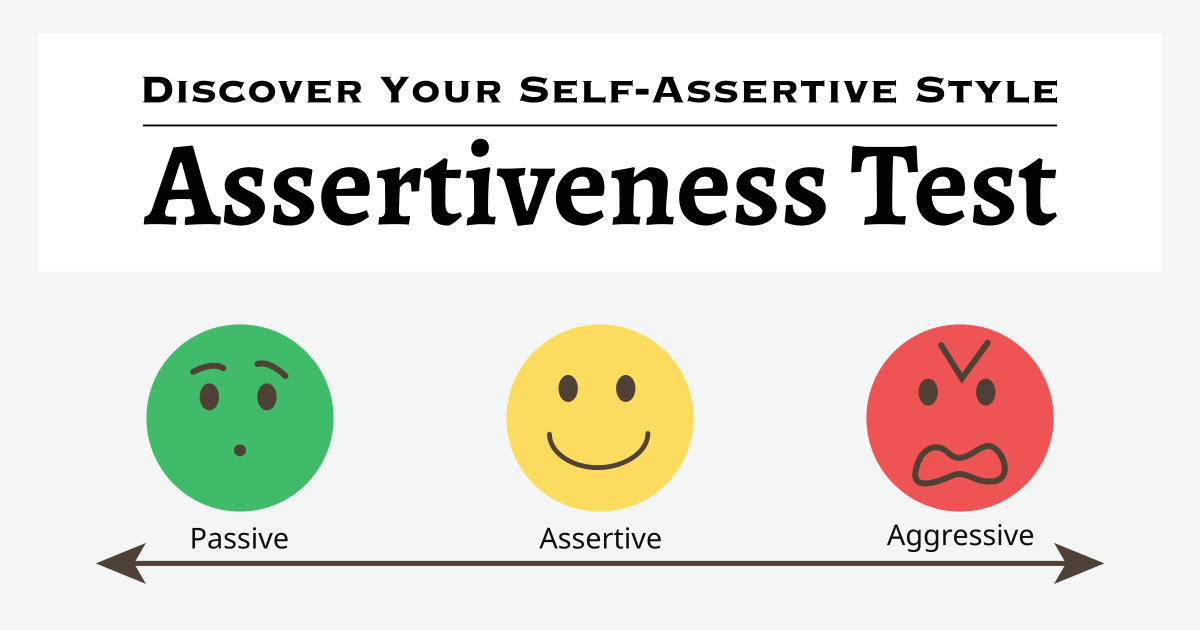
What type of communicator are you? By taking this test, you can find out which assertiveness style you have. Among the three assertiveness types, which one are you?
Assertiveness is a communication style that involves expressing one’s own opinions, feelings, and rights in a direct and appropriate manner while respecting the rights and feelings of others. It represents a balanced way of self-expression that is neither aggressive nor passive. Assertive individuals confidently state their thoughts and handle conflicts calmly, maintaining healthy interpersonal relationships with minimal misunderstandings and friction. Assertiveness promotes honest and transparent communication, which is fundamental in building trust. It also contributes to increased self-esteem, reduced stress, and supports psychological health. In everyday life and in the workplace, assertiveness is essential for effective problem solving and building effective relationships. This diagnostic helps you understand your communication style and is the first step in improving your assertiveness, a crucial skill for dialogue and relationships. Through this diagnostic, you can objectively assess how you express your opinions and emotions and interact with others.
The Aggressive type refers to individuals who forcefully express their opinions and feelings, often overwhelming others. They tend to ignore the rights and feelings of others, leading to conflicts and tensions in relationships. Aggressive individuals frequently display anger and irritation, adopting an aggressive stance to push their demands, believing their views are always correct and disregarding others' opinions. While such behavior might bring short-term success, it can damage relationships over the long term, leading to isolation and increased stress. Aggressive behavior hinders effective communication and makes it difficult to build trust with others, thus requiring improvement.
The Passive type includes individuals who fail to adequately express their own opinions and feelings, often adopting a passive or avoidant attitude towards others. They tend not to assert themselves at all or do so at a very low level, frequently having their rights infringed upon. Passive individuals suppress their own opinions to avoid conflict and tend to follow others’ opinions. They also often have low self-esteem and find it difficult to communicate confidently, leading to accumulated stress and dissatisfaction. Passive behavior can have a negative impact on relationships, causing misunderstandings and friction due to a lack of self-expression. Improving assertiveness skills is crucial for individuals exhibiting passive behavior.
The Assertive type consists of individuals who express their opinions and feelings clearly and directly while also respecting the rights and feelings of others. These individuals have high self-esteem and are confident in their communication. They maintain a balance in dialogue, clearly conveying their own views while also listening to others. Assertive behavior is essential for constructively resolving conflicts and maintaining good interpersonal relationships. Assertive individuals engage in honest and transparent communication, avoiding misunderstandings and building trust. They also handle difficult situations calmly and actively work towards problem-solving. Such skills enhance personal mental health and help reduce stress.